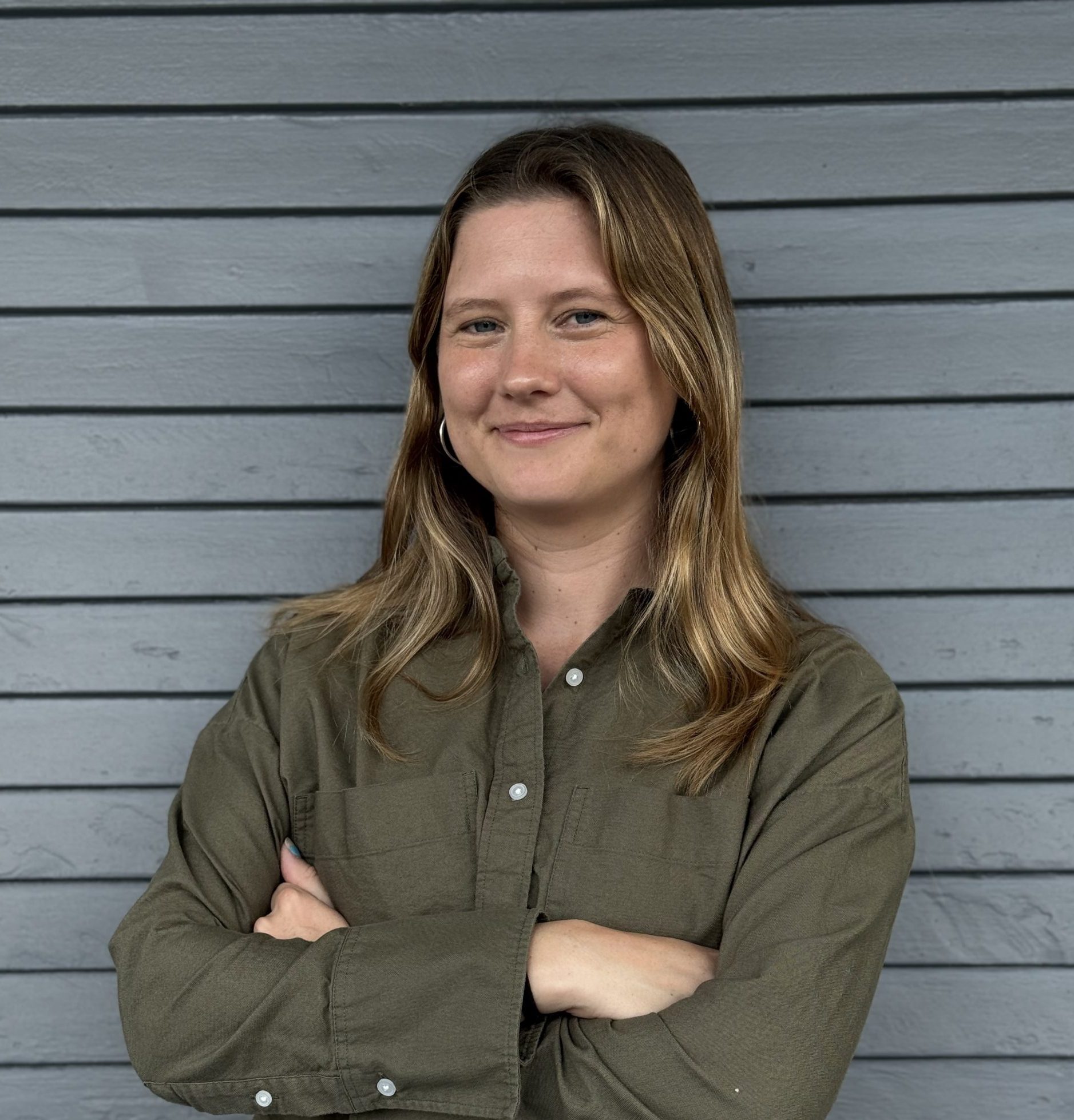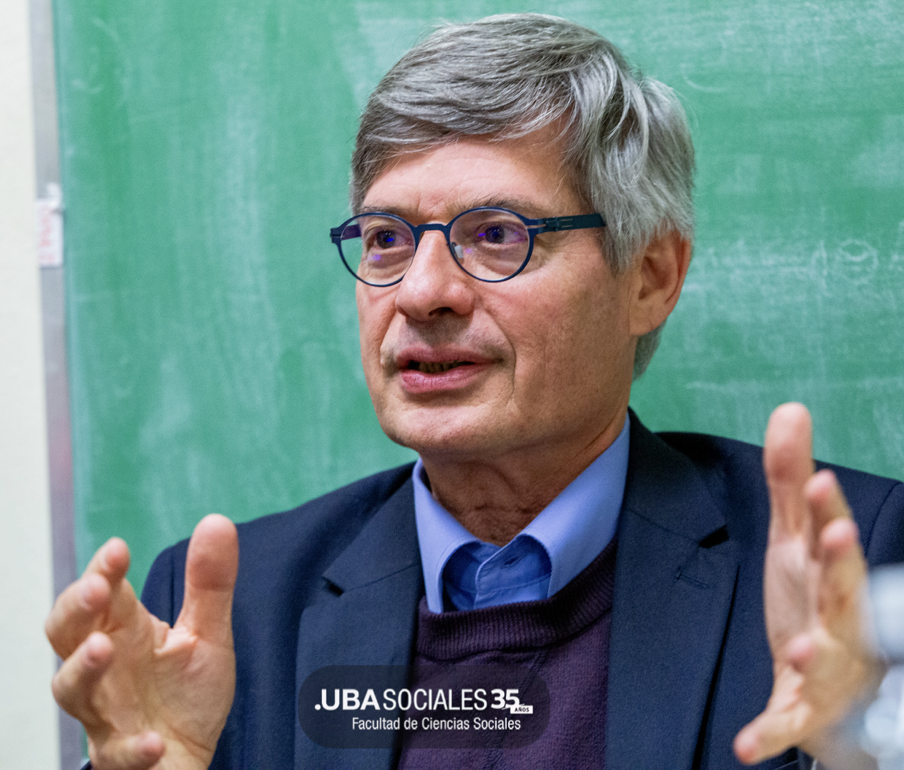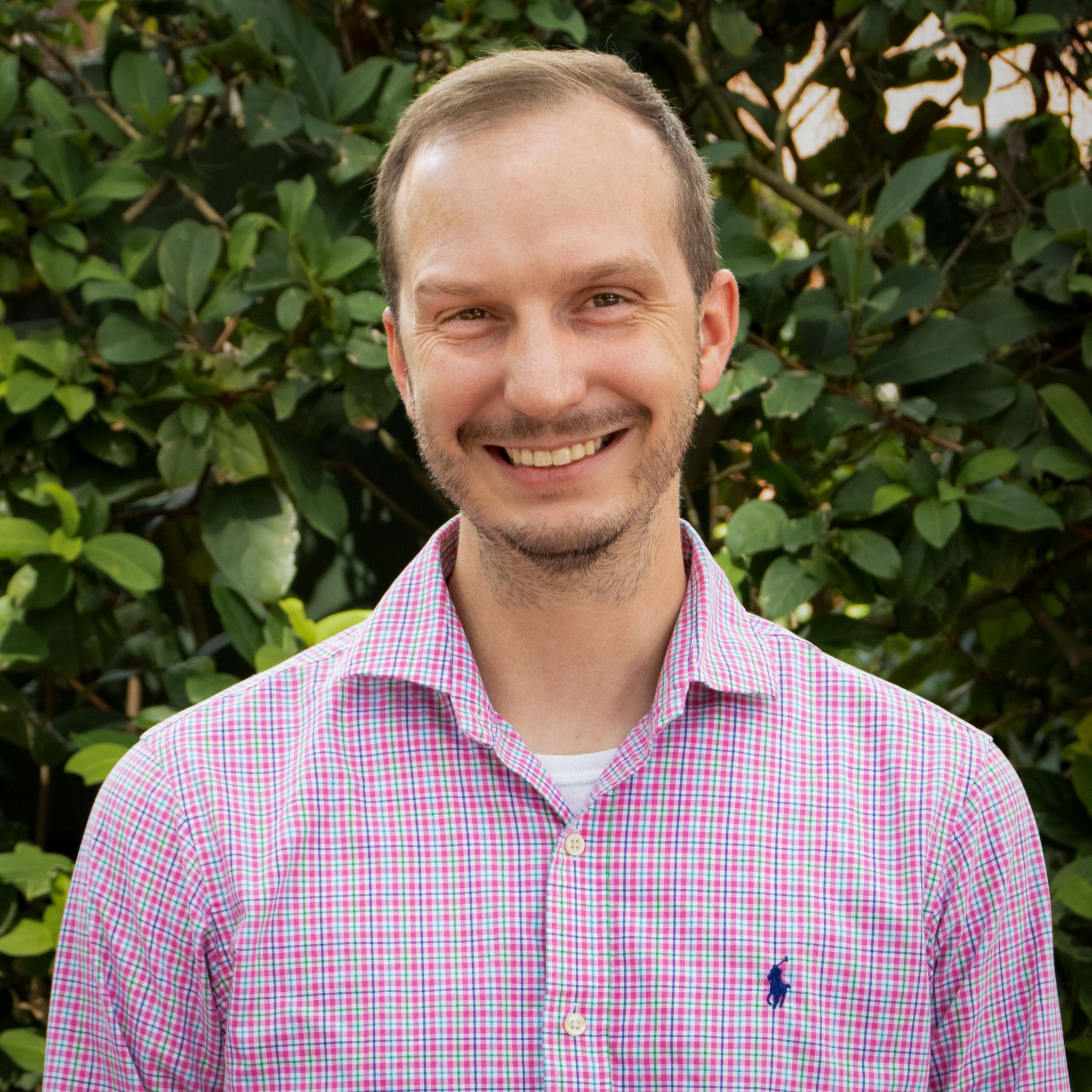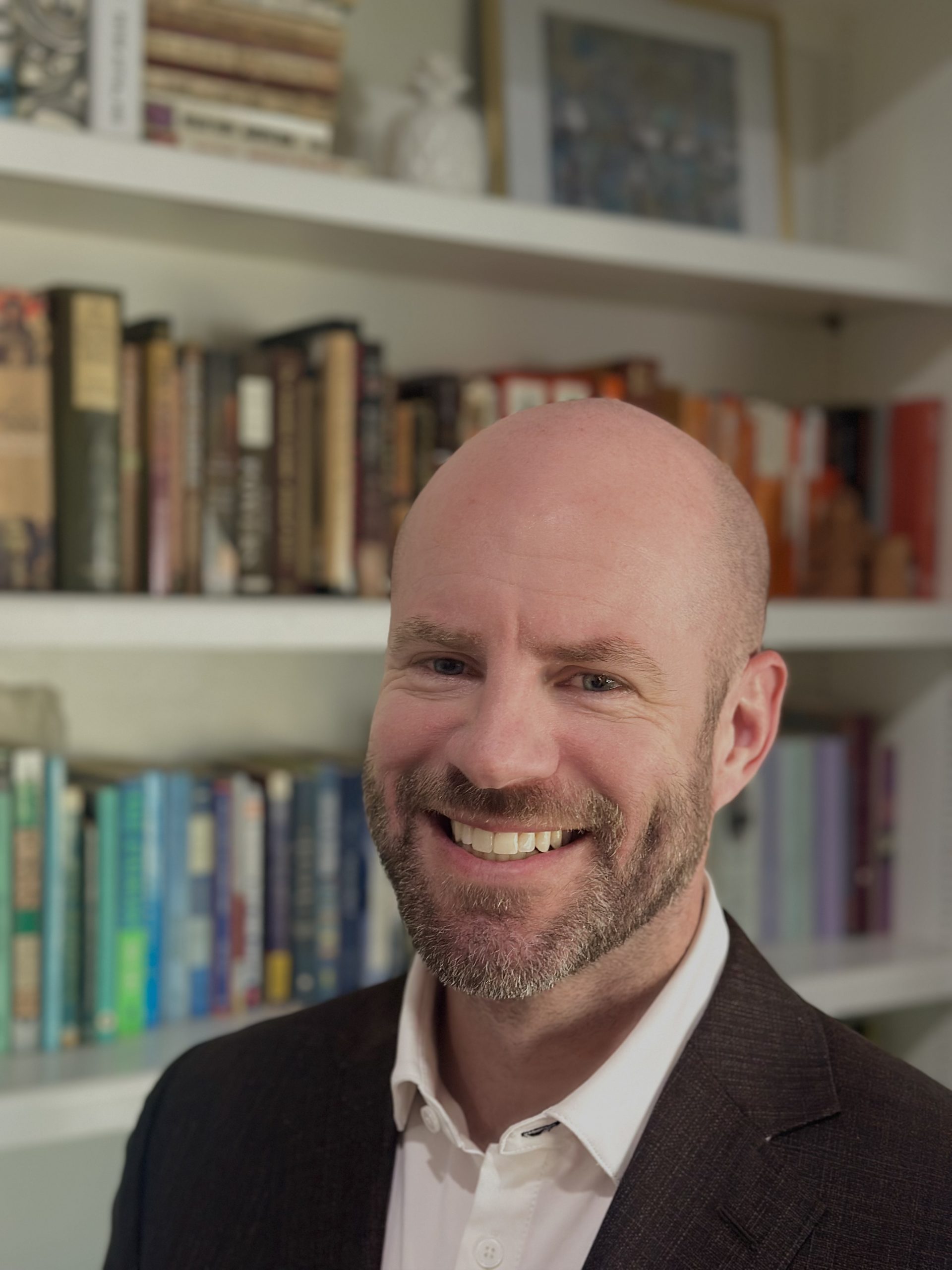The Department of History welcomes four new faculty members in the Fall 2025 semester!

Assistant Professor Olivia Barnard is a historian of the Gulf South in early America. She focuses on the history of slavery and the history of the Atlantic slave trade. She is currently working on “Stories of the St. Ursin: Unraveling the Last Slave Voyage to French Colonial Louisiana,” which focuses on the last known slave ship sent to Louisiana while France controlled the colony. Her work has appeared in Louisiana History and Scholarly Editing.

Professor Raanan Rein joins the faculties of the Department of History and the Bud Shorstein Center for Jewish Studies with the Alexander Grass Chair in Jewish Studies. He brings a wealth of expertise in diverse areas such as Modern Latin America, 20th-century Spain, populist movements, Jews in the Spanish-speaking world to name just a few. The author or editor of over 50 books and 150 articles, he has been recognized by the Argentine government with the title of commander in the Order of the Liberator San Martin and the Spanish King titled him commander in the Order of the Civil Merit for his scholarly achievements.

Assistant Teaching Professor Blake Strickland joins our permanent faculty after his previous position of visting assistant professor. He is a historian of slavery, race and religion in the Atlantic world and is currently working on a book manuscript that analyzes the Anglican underpinnings of race-based slavery in the British Atlantic. His research has been published in the Journal of Caribbean History.

Associate Professor Jamin Wells joins the department as the director of the Samuel Proctor Oral History Program. His first book, “Shipwrecked: Coastal Disasters and the Making of the American Beach” (University of North Carolina Press, 2020), won the John Lyman Book Award in U.S. Maritime History and examined the radical transformation of the American coast during the 19th century, arguing that coastal shipwrecks played a pivotal role in changing how Americans viewed, used and inhabited the shoreline. Wells’s current book project explores the intersection of memory, history and power in Pensacola, Florida, over the last two centuries.